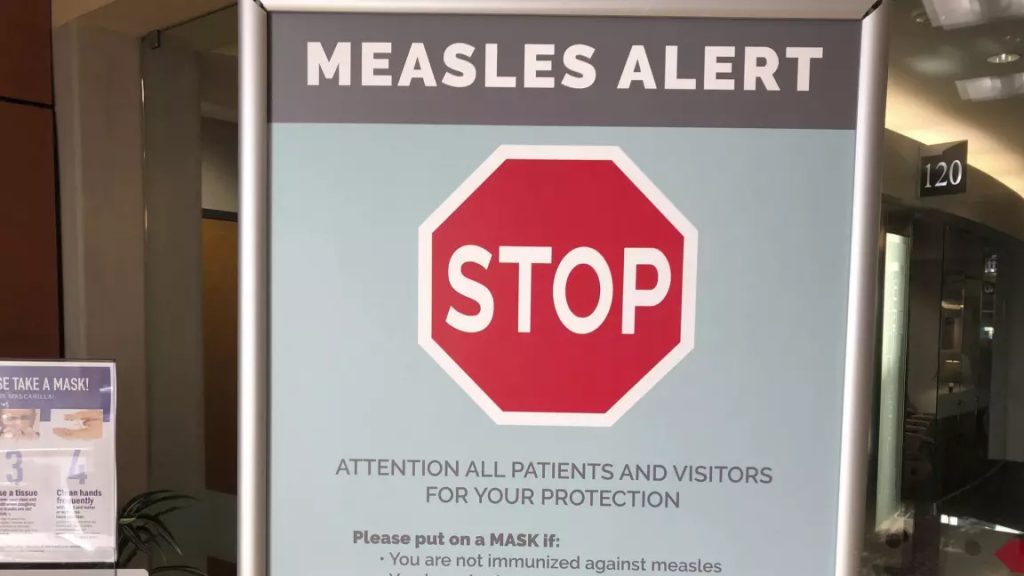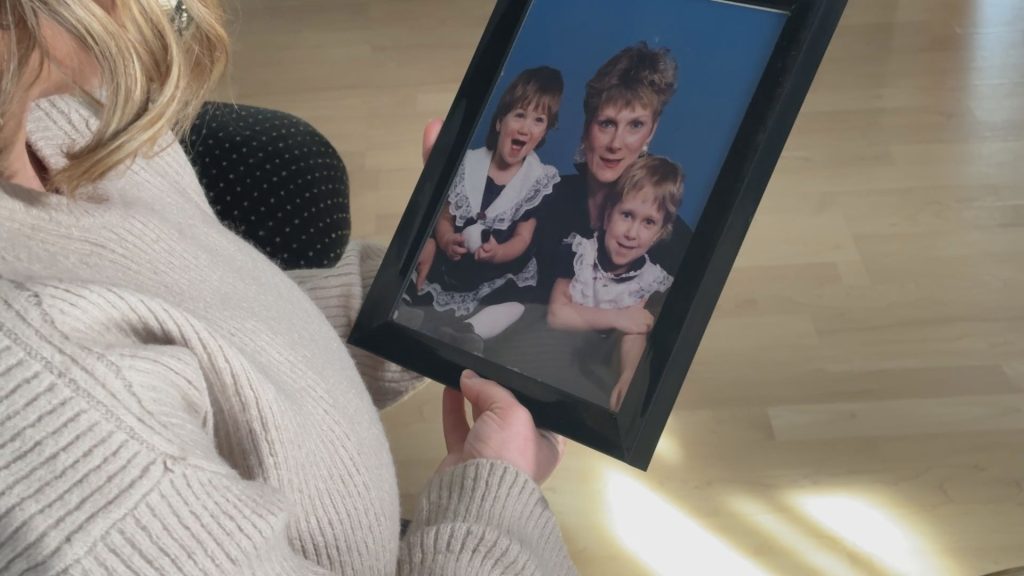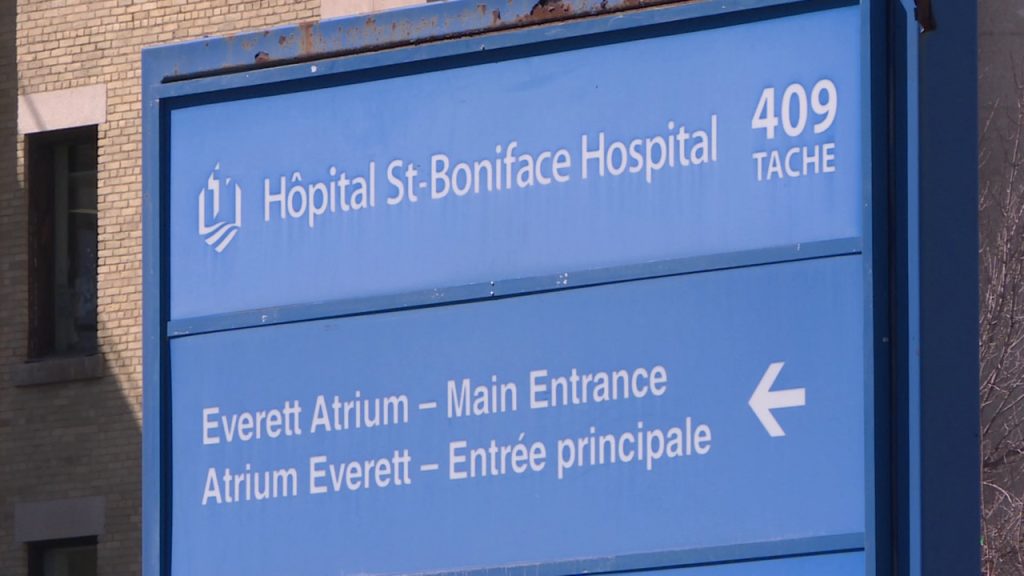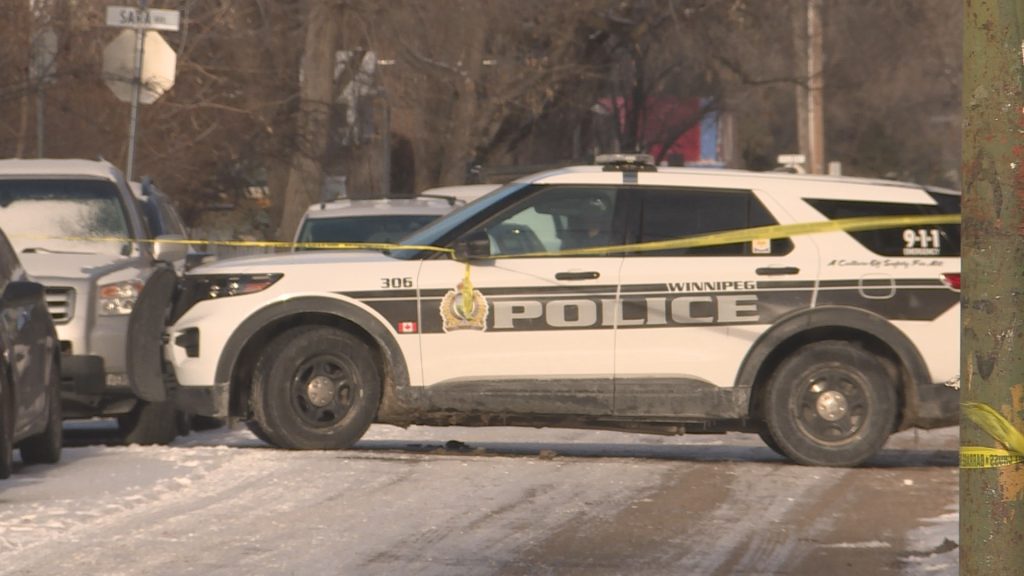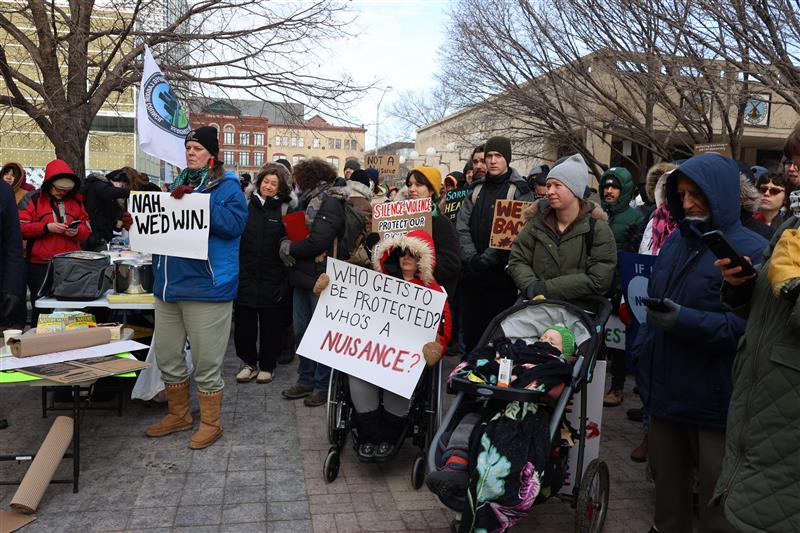Up to Manitoba 3,000 health-care workers to get culturally safe training for Indigenous patients

Posted November 26, 2024 4:49 pm.
Last Updated November 27, 2024 9:04 am.
It’s training that could help prevent tragic outcomes for Indigenous patients.
The University of Manitoba has announced a new program for health-care workers to make sure Indigenous patients receive culturally safe care as part of ongoing efforts to build a better and more equal health-care system.
“The purpose of the training is to address racism, foster culturally safe environments for Indigenous patients, and improve Indigenous health,” Dr. Marcia Anderson, the Cree-Anishinaabe physician who is vice-dean of Indigenous health, social justice and anti-racism of the Rady Faculty of Health Sciences, said in a news release.
The new training program, called “We Will Take Good Care of the People,” or “Giga Mino Ganawenimaag Anishinaabeg” in Anishinaabemowin, will focus on equipping health-care providers with training drawing upon the expertise and wisdom of local Indigenous Knowledge Keepers, engaging front-line workers in a range of activities and reflections.

“Indigenous people make up 18 per cent of the Manitoba population,” Anderson said.
“They have the poorest health status and the lowest life expectancy of any group. As an important step toward closing the health gap between Indigenous and non-Indigenous people, we’re providing staff at every level with the foundational knowledge to provide more racially just and culturally safe care.”
Anderson said it’s essential anyone within Manitoba’s health-care system acknowledges the multi-generational harms caused to Indigenous people by the health and residential school system.
The new program has the capacity to support training for up to 3,000 people annually and will be offered to health-care workers across the province and to faculty members in the Rady Faculty.
The effort is a critical one, noted Manitoba health-care officials.
“Providing improved training across health organizations, including among decision makers and in the locations where care is provided, is one strategy we are implementing to address inequities and create a health system that is better equipped to deliver culturally safe, anti-racist health care,” Charlene Lafreniere, Shared Health’s provincial lead of Indigenous Health, said in the same release.
“All health-care workers have a responsibility to understand First Nation, Métis and Inuit peoples’ rights to culturally safe, equitable, dignified health care.”
A partnership between the University of Manitoba and SharedHealth regions, the training is being funded by a grant of roughly $1 million awarded to the school’s Ongomiizwin Indigenous Institute of Health and Healing through Health Canada’s Addressing Racism and Discrimination in Canada’s Health Systems program.
